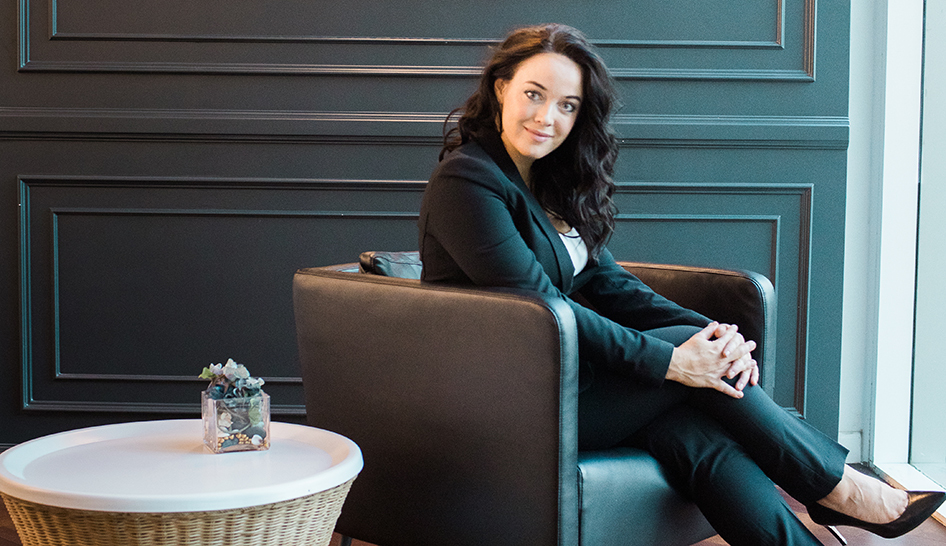Michelle King is an author, social innovator, and leading global expert on gender and organizations. She will lead the 11th Annual IHRSA Women’s Leadership Summit at IHRSA 2020. At her Club Automation-sponsored talk, “Making Workplaces Work for Everyone,” she will explore the greatest barrier to women’s advancement: gender denial, key barriers men face because of gender inequality, and how to put equality into practice everyday.
This article appeared in the print edition of Club Business International in February 2020.
Netflix Exec to Lead Gender Inequality Talk at IHRSA 2020
Michelle P. King, director of inclusion at Netflix, will discuss gender inequality in the workplace at the 11th Annual IHRSA Women’s Leadership Summit, sponsored by Club Automation.

Next month, you’ll be speaking at IHRSA 2020. The principal message you intend to share?
It’s not you! The key message is that the inequality you experience in day-to-day moments—whether it’s being paid less, having your contributions devalued because you’re a woman, or your capability questioned because you’re a mother—exists because of your workplace and not because of you. We need to fix workplaces (ensuring that women are paid fairly) and stop asking them to do, or be, more (learning to behave like men) in order to overcome the inequality they’ve had no hand in creating.
Your new book, “The Fix: Overcome the Invisible Barriers that Are Holding Women Back at Work,” is about to be published. Can we get a quick tour through its pages?
My book starts by making people aware of how gender inequality works, why most of us are in denial about it, and what we can do to become more aware. In order to navigate the challenges that inequality creates—both for men and for women—we have to know what the barriers are. This means learning about the 17 invisible barriers that women face, how men’s and women’s careers are different, and how we can navigate these challenges. And what we do with this knowledge matters. We need leaders and employees to take action to remove the barriers by becoming allies at work.
The final section of the book outlines how each one of us can do this.
You’re about to receive your Ph.D. from Cranfield University, in the U.K. As someone who’s spent decades empowering women, what will that mean to you personally?
I love research. I think we have too many diversity and inclusion initiatives that were created in a vacuum and not informed by solid research. So, to be able to share my findings in my new book, drawing on real-life examples and sharing practical solutions, is very meaningful to me. The fact that I get a Ph.D. at the end of it is just a bonus.
Your core concept—that the work, itself, not women, is what needs to change—is a challenging one. An example of a company that’s succeeded in doing so?
One is Ultimate Software Group, Inc., a technology firm based in Weston, FL, that’s consistently been ranked one of the top places for women to work. In 2018, it ranked first in Fortune’s “Best Places for Women to Work” and CIO magazine’s “Best Places to Work for Women in Technology.” I interviewed Cara Pelletier, its director of diversity, equality, and belonging, on my podcast. She described how the company is creating a work environment that encourages employees to bring their “whole selves” to work.
Another example is Burton Snowboards, in Burlington, VT, which has taken steps to address issues such as gender equality and environmental sustainability.
So, there are organizations out there that are committed to valuing women.
You’ve worked with a wide variety of companies in several countries. How does gender inequality differ from industry to industry, country to country?
That’s the amazing thing about this. It doesn’t! While the examples and context differ, the reality is: Inequality is everywhere—in every business and industry—because we don’t leave our biases and prejudices at home when we come to work. They play out differently depending on the industry and the environment, but the root cause is the same—valuing one’s own ideals at the expense of everyone else’s.
Craig Waters previously served as the Editor-in-Chief of Club Business International.